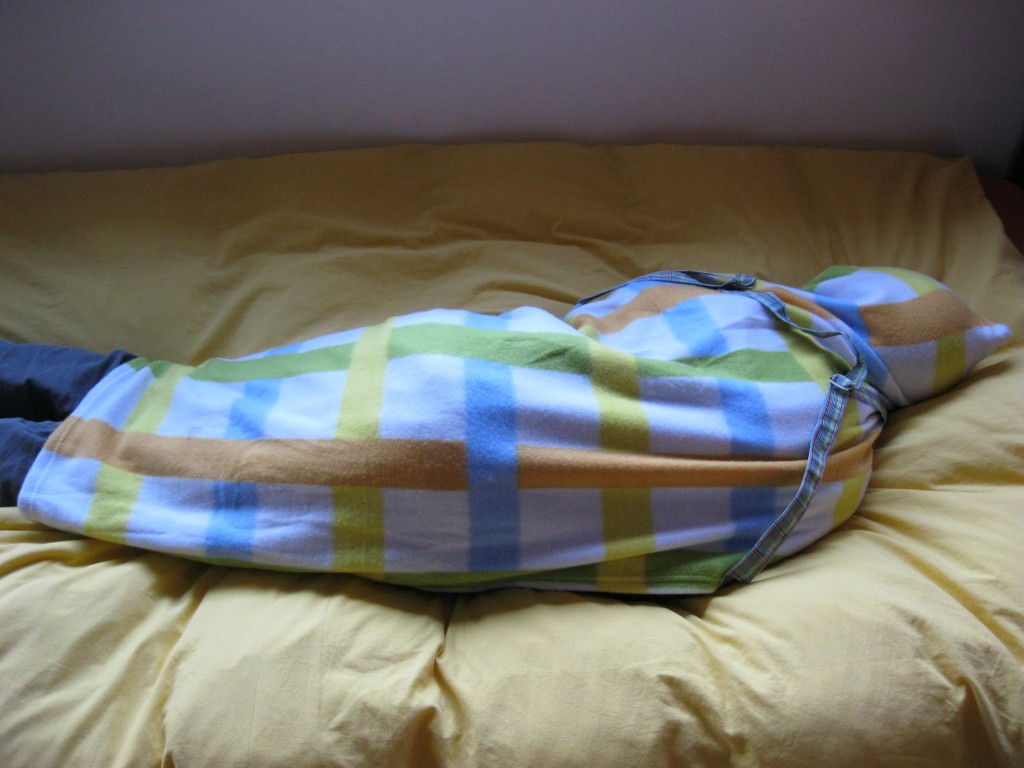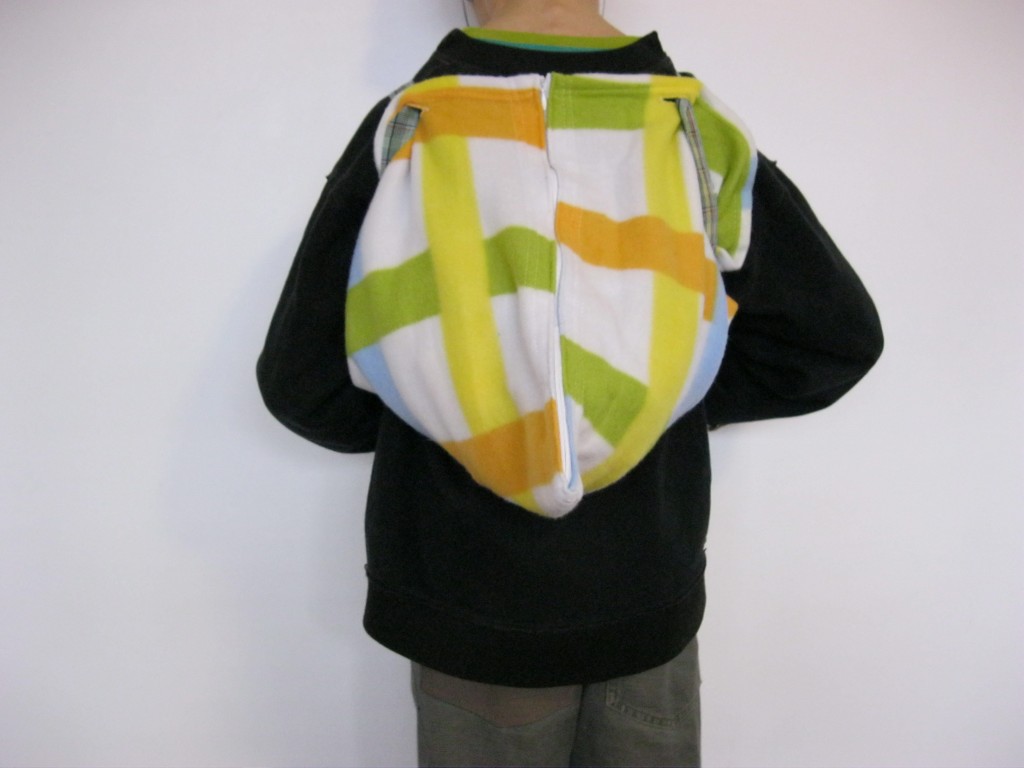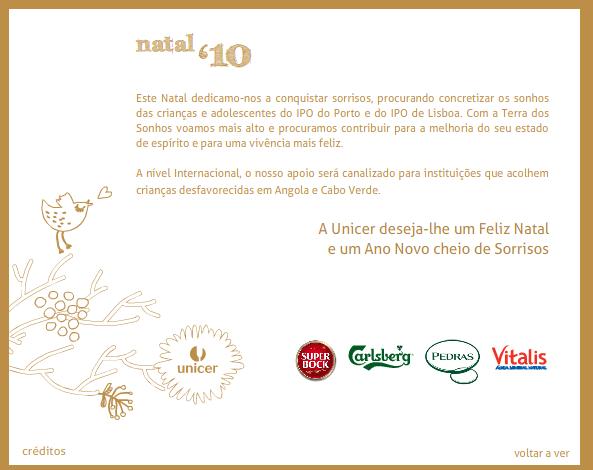Mais uma notícia da Economist que tem tudo a ver com o desafio deste ano
“Clean water
Silver threads of life
A water filter that kills bacteria, rather than just removing them
Oct 21st 2010
MORE than a billion people lack clean water—and in most cases the lack is just of cleanliness, rather than of the water itself. The result is disease, particularly diarrhoea. This kills millions of children a year and stunts the growth of millions more. Better water filters, then, could save many lives and improve many others, and Yi Cui of Stanford University thinks he has come up with one.
Traditional filters work by forcing water through pores to weed out bacteria. That needs power, as well as frequent changes of the filter element as the pores fill up with bugs. Dr Cui’s filter, though, does not screen the bacteria out. It kills them.
The filter element he and his team have designed is a mesh of tiny carbon cylinders, known as nanotubes, and silver wires laid on top of a thin strip of cotton cloth. Silver is well known to kill bacteria, so Dr Cui conjectured that forcing bugs to pass close to the metal without actually trapping them might lead to their destruction. He also suspected that running an electric current through the silver might help the process, because electrical fields have the ability to break down the membranes that surround bacterial cells. Though silver is a good conductor, carbon is cheaper, and the nanotubes provide the extra electrical conductivity needed.
To make their new filter, the team first dipped strips of woven cotton into “ink” containing nanotubes. They then used pipettes to drop the silver wires, which were suspended in methanol, on to the surface of the strips.
Once dried, the new filters were ready to try. To do that Dr Cui connected them to a battery and ran water containing E. coli, a common bacterial contaminant of water, through them. A few drops of the filtered water from each experimental run were then scattered on an incubation plate to see what was left to grow.
As they report in the latest edition of Nano Letters, Dr Cui and his team found that when the filter was operated at -20 volts it killed 89% of the bacteria and that at +20 volts it killed 77%. At zero volts, most of the bacteria survived. In a follow-up experiment, in which contaminated water was run through three of the new filters in sequence, 98% of the bacteria were killed.
Using silver this way might sound expensive, but it is not. The amount involved is minuscule, as is the quantity of electricity needed to keep the filter charged (a small solar panel would be sufficient to supply it). And the filter itself would be expected to last indefinitely.
The next test, then, is to see if the new device kills the full range of dangerous bacteria found in polluted water. If it does then potable water, one of the necessities of life, may become easier for many people to obtain.”
Economist 23/10/2010










